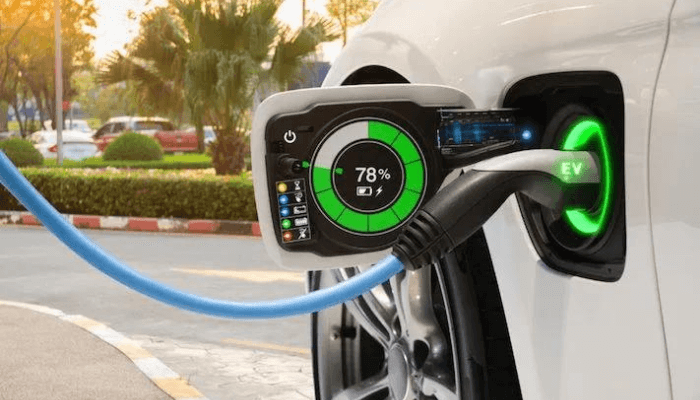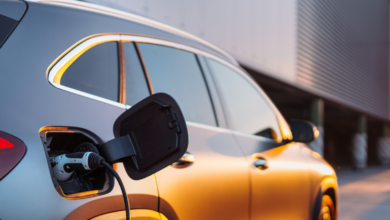Stats on electric vehicle owners

Electric vehicle (EV) owners that select gas stations as their charging location in urban and rural areas spend 3% and 13% more at gas stations and convenience stores than their non-electric counterparts, according to survey data from Numerator.
But EV owners that choose gas stations as a charging destination make up a small piece of the EV owner population.
EV owners said that gas stations (12%) are the one of the least likely locations they would charge their cars when compared to home (81%), other public charging stations (37%), their workplace (26%) and retail locations (23%). Restaurants are the only location that had less interest than gas stations, at 9%.
Convenience and gas station spend is a different story in the suburbs, though, with EV drivers spending 18% less compared to the average consumer.
Factors in Preferred Charging Location
Necessity influences where EV owners charge their cars. Most owners select the nearest charging location available (55%), while others consider free or discounted charging options (42%), charging speed (41%) or proximity to other amenities like stores and restaurants (32%).
The Northeastern United States, which saw the largest increase in public charging options in 2023 according to the U.S. Department of Energy, has the largest percent of EV owners opting for out-of-home charging, followed by the Western U.S., the nationwide leader in public charging ports.
Almost a third of EV owners, 61%, said they are more likely to shop somewhere that offers charging stations, but 27% disagreed, saying that charging station availability does not typically influence their shopping location decisions.
EV owners gravitate to different retailers than the average consumer, according to Numerator. EV owners are nearly twice as likely to shop at IKEA or Whole Foods, both of which are leaders in the EV charging game. Sprouts Farmers Market, Trader Joe’s, Costco and Albertsons are also popular among EV owners, likely due to preferences for natural and organic products and retailer regionality.
The EV Driver
Compared to the average vehicle owner, EV owners are younger, more diverse and have a higher income, according to Numerator. Gen Z and Millenials account for 42% of EV (vs. 30% of all vehicle owners).
Electric vehicle owners are also more likely to come from larger, multi-car households. Three-fourths (77%) of EV households have two or more vehicles, compared to 68% of all households with vehicles.
Most current EV owners are in it for the long haul, with 87.2% of survey respondents saying they are somewhat or extremely likely to choose an EV again in the future. Only 3.3% said they were somewhat or extremely unlikely to purchase another electric vehicle.
Tesla is the most popular choice for an EV. Nearly half (46%) of EV owners say they own a Tesla, followed by Chevy (13%), Ford (11%), Hyundai/Kia (11%), Nissan (7%), and BMW (7%).
EV ownership varies by regionality and urbanicity, with 30% of EV owners residing in the Pacific U.S. and an additional 8% in the Mountain region. Forty-six percent of EV owners reside in urban settings.
Numerator’s Charging Ahead in the Era of Electric Vehicles (EVs) combines survey insights and purchase data from 769 verified EV owners in April. All demographic and purchase data is based on a larger group of more than 4,000 self-identified EV owners.
This story was originally featured on CSP Daily News, a sister publication of Supermarket News.



